Home>Ideas and Tips>Mudroom Flooring Options: Durability Meets Style
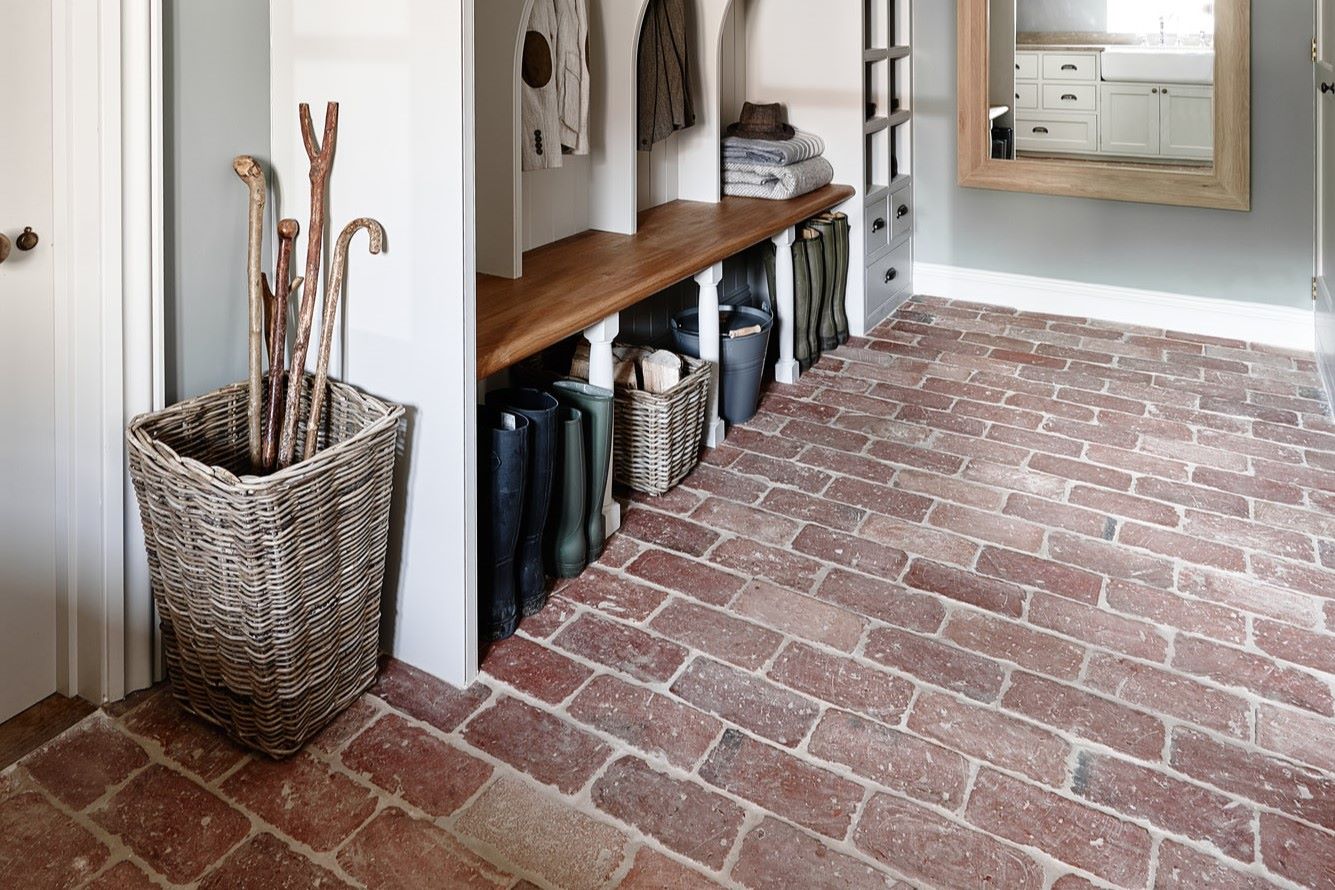

Ideas and Tips
Mudroom Flooring Options: Durability Meets Style
Published: September 1, 2024
Discover the best mudroom flooring options that combine durability and style. Explore ceramic tiles, LVP, laminate, and more for a functional, stylish space.
(Many of the links in this article redirect to a specific reviewed product. Your purchase of these products through affiliate links helps to generate commission for Storables.com, at no extra cost. Learn more)
When it comes to designing a functional and stylish mudroom, one of the most critical elements is the flooring. The mudroom serves as a transition space between the outdoors and the interior of your home, making it essential to choose flooring that can withstand the demands of this high-traffic area. In this article, we will explore the best mudroom flooring options, focusing on durability and style.
Understanding Mudroom Requirements
Before diving into the various flooring options, it's crucial to understand the unique requirements of a mudroom. This space is exposed to dirt, moisture, and outdoor elements, making durability and water resistance paramount. Here are some key considerations:
-
Durability: The flooring material must be able to handle constant foot traffic and heavy use without losing its charm. Materials that are prone to scratches, dents, and wear should be avoided.
-
Water Resistance: Given the likelihood of wet and muddy shoes entering the mudroom, water resistance is a critical factor. Flooring that can handle occasional spills and dampness without damage is essential.
-
Easy Maintenance: Mudrooms are prone to accumulating dirt, mud, and debris. Therefore, flooring that is easy to clean and maintain is a must. This includes materials that require minimal upkeep and can be cleaned with regular sweeping and occasional mopping.
-
Style and Aesthetics: While functionality is paramount, the aesthetic appeal of mudroom flooring should not be overlooked. Choosing flooring that complements the overall design and style of the home enhances the visual appeal of the space.
Read more: Basement Leaking Where Wall Meets Floor
Top Mudroom Flooring Options
1. Ceramic Tiles
Ceramic tiles are by far the most popular and best choice for mudroom flooring. They offer a combination of durability, ease of maintenance, and aesthetic appeal that makes them an ideal option.
Advantages:
- Durability: Ceramic tiles are extremely solid and water-resistant due to the kilning process, which makes them a good choice for locations where water is frequently dragged into the house.
- Ease of Maintenance: Tiles are easy to clean with regular sweeping and occasional mopping. They are also resistant to stains and can withstand heavy foot traffic.
- Style and Aesthetics: Ceramic tiles come in hundreds of colors and designs, making them versatile in styling and visual aesthetics. They are suitable for any time of the year and can complement any home’s décor tastes.
Disadvantages:
- Initial Cost: While ceramic tiles are durable and long-lasting, they can be more expensive to install initially compared to other options like laminate flooring.
2. Porcelain Tiles
Porcelain tiles are similar to ceramic tiles but offer even greater durability and water resistance. They are often used in high-traffic areas and are known for their exceptional performance in wet conditions.
Advantages:
- Durability: Porcelain tiles are highly resistant to scratches, dents, and wear due to their dense composition.
- Water Resistance: They are waterproof and can handle heavy moisture without damage.
- Style and Aesthetics: Porcelain tiles come in various styles and colors, making them a versatile choice for different home designs.
Disadvantages:
- Initial Cost: Like ceramic tiles, porcelain tiles can be more expensive to install initially.
- Installation Complexity: While porcelain tiles are durable, they can be more challenging to install compared to other options like laminate flooring.
3. Luxury Vinyl Plank (LVP) Flooring
LVP flooring has gained immense popularity in recent years due to its realistic wood-like appearance and superior durability.
Advantages:
- Durability: LVP flooring is highly resistant to scratches, dents, and wear. It can handle heavy foot traffic and occasional spills without damage.
- Water Resistance: Many LVP options are water-resistant or waterproof, making them suitable for mudrooms where moisture is common.
- Ease of Maintenance: LVP flooring is easy to clean and maintain. It can be wiped clean with a mop and mild detergent, making it a low-maintenance option.
- Style and Aesthetics: LVP flooring comes in various styles and colors that mimic natural wood, offering a warm and inviting look to the mudroom.
Disadvantages:
- Initial Cost: While LVP flooring is durable and long-lasting, it can be more expensive than laminate flooring initially.
- Quality Variance: The quality of LVP flooring can vary depending on the manufacturer and brand. It's essential to invest in a reputable product to ensure longevity.
4. Laminate Flooring
Laminate flooring is a fantastic choice for mudrooms due to its cost-effectiveness and water-resistant options.
Advantages:
- Budget-Friendly: Laminate flooring offers cost-effective options for mudrooms, making it an attractive choice for those on a budget.
- Wide Range of Styles: Laminate comes in various styles, allowing you to find the perfect flooring that suits your home’s design and theme.
- Fade-Resistance: Laminate is resistant to fading from sunlight, ensuring your mudroom flooring retains its vibrant look over time.
- Ease of Installation: Many laminate options come with click-together installation systems, making them DIY-friendly.
Disadvantages:
- Wear Layer Thickness: The durability of laminate heavily depends on the wear layer thickness. Thinner wear layers are more susceptible to scratches and wear.
- Water Resistance Level: While laminate can handle occasional spills, excessive water exposure can cause damage. It's less suitable for consistently wet environments.
- Quality Variance: Choosing low-quality laminate might lead to a shorter lifespan and the need for early replacement, making it important to invest in a reputable product.
5. Concrete Flooring
Concrete flooring is gaining popularity in mudroom entry areas due to its strength and modern appeal.
Advantages:
- Robust and Long-Lasting: Concrete is one of the most durable options for a mudroom entry. It stands up well to heavy foot traffic, pet claws, and weather conditions.
- Customizable Aesthetics: Concrete can be stained, polished, or textured, allowing for a range of styles from sleek and modern to rustic and industrial.
- Low Maintenance: Concrete floors are straightforward to maintain. Regular sweeping and occasional mopping are all necessary to keep them looking new.
Disadvantages:
- Initial Cost: Concrete flooring can be more expensive to install initially compared to other options like laminate flooring.
- Appearance: While concrete can be customized, it may not offer the same aesthetic appeal as other materials like ceramic tiles or LVP flooring.
6. Rubber Flooring
Rubber flooring is an innovative, functional choice for a mudroom entry.
Advantages:
- Safety and Comfort: Rubber flooring provides excellent traction, significantly reducing the risk of slips and falls, which is especially important in wet conditions. Its cushioned feel makes it comfortable to walk on, easing the strain on your feet and joints.
- Water Resistance: Rubber flooring is highly resistant to water, making it an excellent choice for mudrooms where moisture and mud are common.
- Durability and Noise Reduction: Rubber flooring is not only durable but also has the added benefit of noise reduction. This can be particularly useful in busy households where the sound of foot traffic can be an issue.
Disadvantages:
- Appearance: Rubber flooring may not offer the same aesthetic appeal as other materials like ceramic tiles or LVP flooring.
- Heat Sensitivity: Some types of rubber flooring can be sensitive to heat, which may cause them to degrade over time.
7. Cork Flooring
Cork flooring is eco-friendly and adds warmth and character to your mud room entry.
Advantages:
- Eco-Friendly and Comfortable: Cork is a sustainable material that provides a softer, warmer surface underfoot than more complex materials, making it a pleasant welcome as you enter the home.
- Natural Resistance Features: Cork naturally resists mold, mildew, and water, common concerns in a mud room entry.
- Maintenance and Durability: To maximize its durability and water resistance, cork flooring may require sealing. Regular sealing helps maintain its condition and extend its lifespan in a mud room entry.
Disadvantages:
- Susceptibility to Scratches: Cork is softer than other materials like laminate or LVP flooring, making it susceptible to scratches and dents from heavy use.
- Initial Cost: While cork flooring is durable, it may be more expensive to install initially compared to other options like laminate flooring.
Budget and Cost-Efficiency
When choosing the right mudroom flooring, balancing the budget with your desired outcome is crucial. Here are some tips to consider:
- Evaluate Material Options: Each flooring material has its advantages and disadvantages. For example, ceramic tiles are durable but may be more expensive initially, while laminate flooring is budget-friendly but requires more maintenance.
- Focus on Water Resistance: Opt for materials that can handle occasional spills and dampness without damage. LVP, porcelain tiles, and certain sealed wood options are particularly adept at resisting moisture.
- Assess Durability and Wear Resistance: Look for materials known for their ability to withstand heavy use and impacts. Porcelain tiles, oak, maple, and hickory wood are excellent choices for durability.
- Consider Safety and Slip-Resistance: Choose materials with slip-resistant properties to minimize the risk of accidents. Textured tiles, certain LVP options, and sealed wood with appropriate finishes can offer enhanced traction and safety.
Conclusion
Choosing the right flooring for your mudroom is a critical decision that requires careful consideration of durability, water resistance, ease of maintenance, and aesthetic appeal. By evaluating these factors and understanding the unique requirements of a mudroom, you can select the perfect flooring that meets both functionality and style needs. Whether you opt for ceramic tiles, LVP flooring, laminate flooring, concrete flooring, rubber flooring, or cork flooring, each option has its advantages that can enhance the overall design and functionality of your home's transition space.
In summary:
- Ceramic Tiles: Durable, easy to clean, versatile in styling.
- Porcelain Tiles: Highly resistant to scratches and water damage.
- LVP Flooring: Realistic wood-like appearance, water-resistant.
- Laminate Flooring: Budget-friendly, wide range of styles.
- Concrete Flooring: Robust, customizable aesthetics.
- Rubber Flooring: Safety features, noise reduction.
- Cork Flooring: Eco-friendly, comfortable underfoot.
By understanding these options and their respective advantages, you can make an informed decision that suits your lifestyle, budget, and design preferences for creating a functional and stylish mudroom.
Was this page helpful?
At Storables.com, we guarantee accurate and reliable information. Our content, validated by Expert Board Contributors, is crafted following stringent Editorial Policies. We're committed to providing you with well-researched, expert-backed insights for all your informational needs.
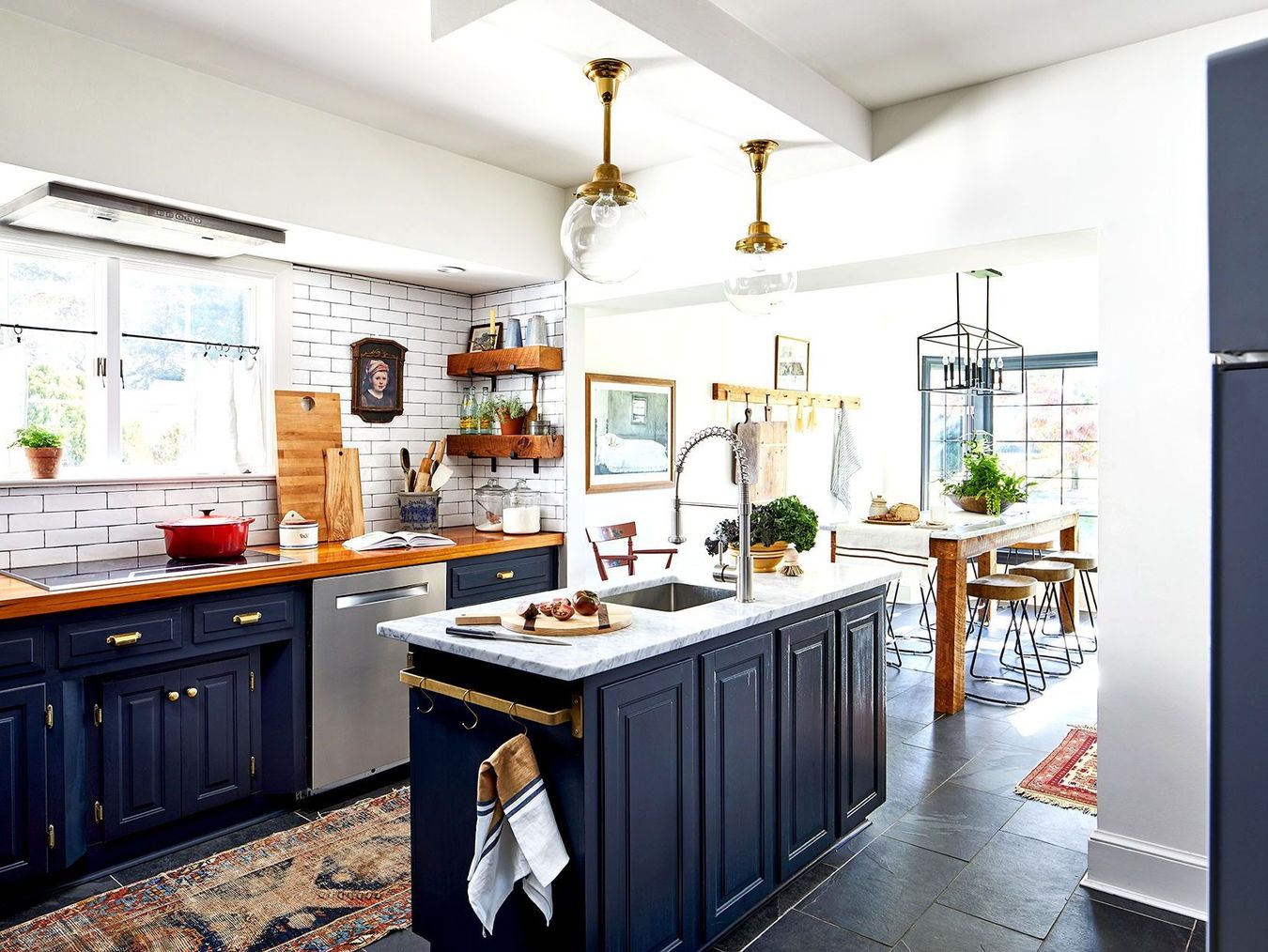
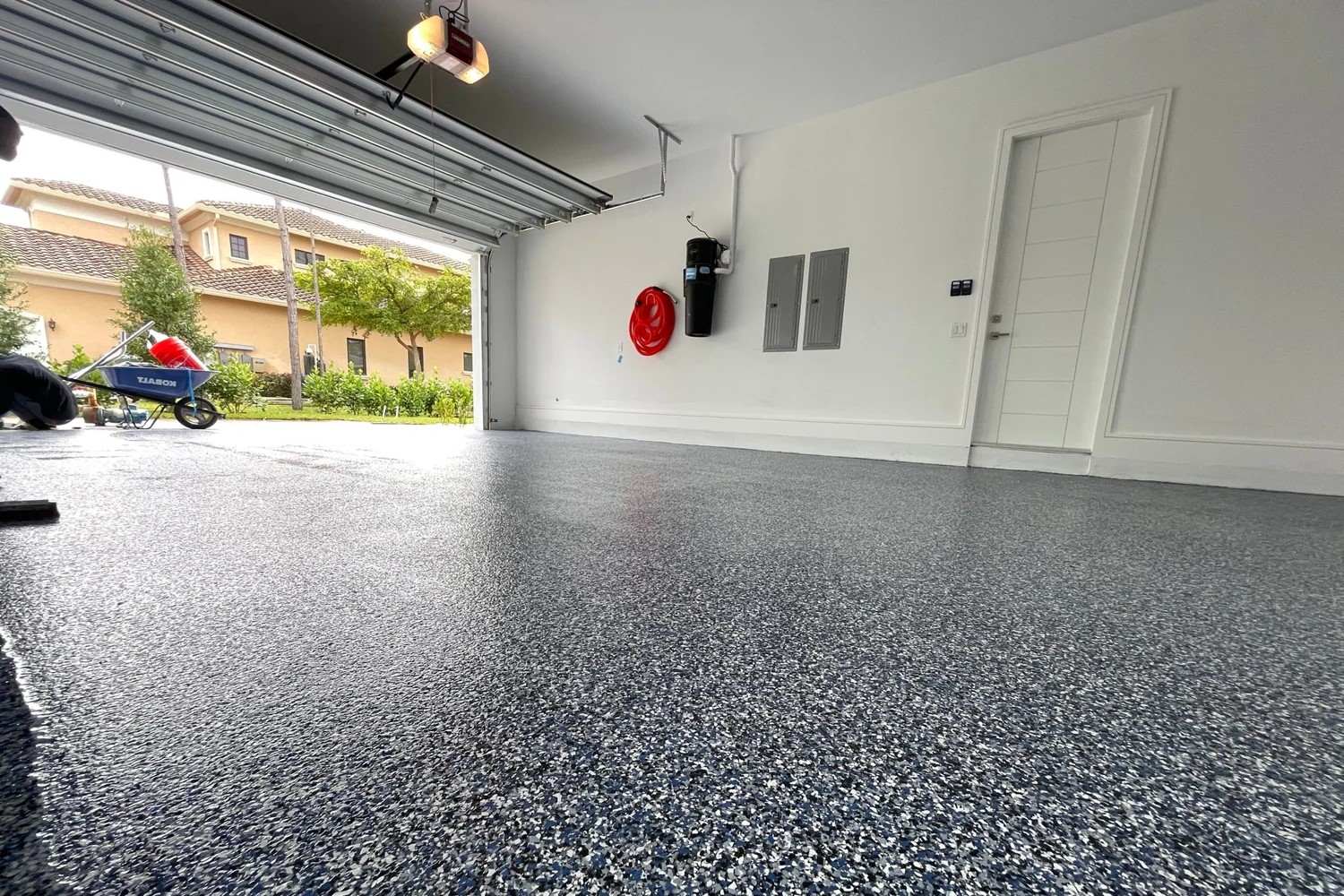
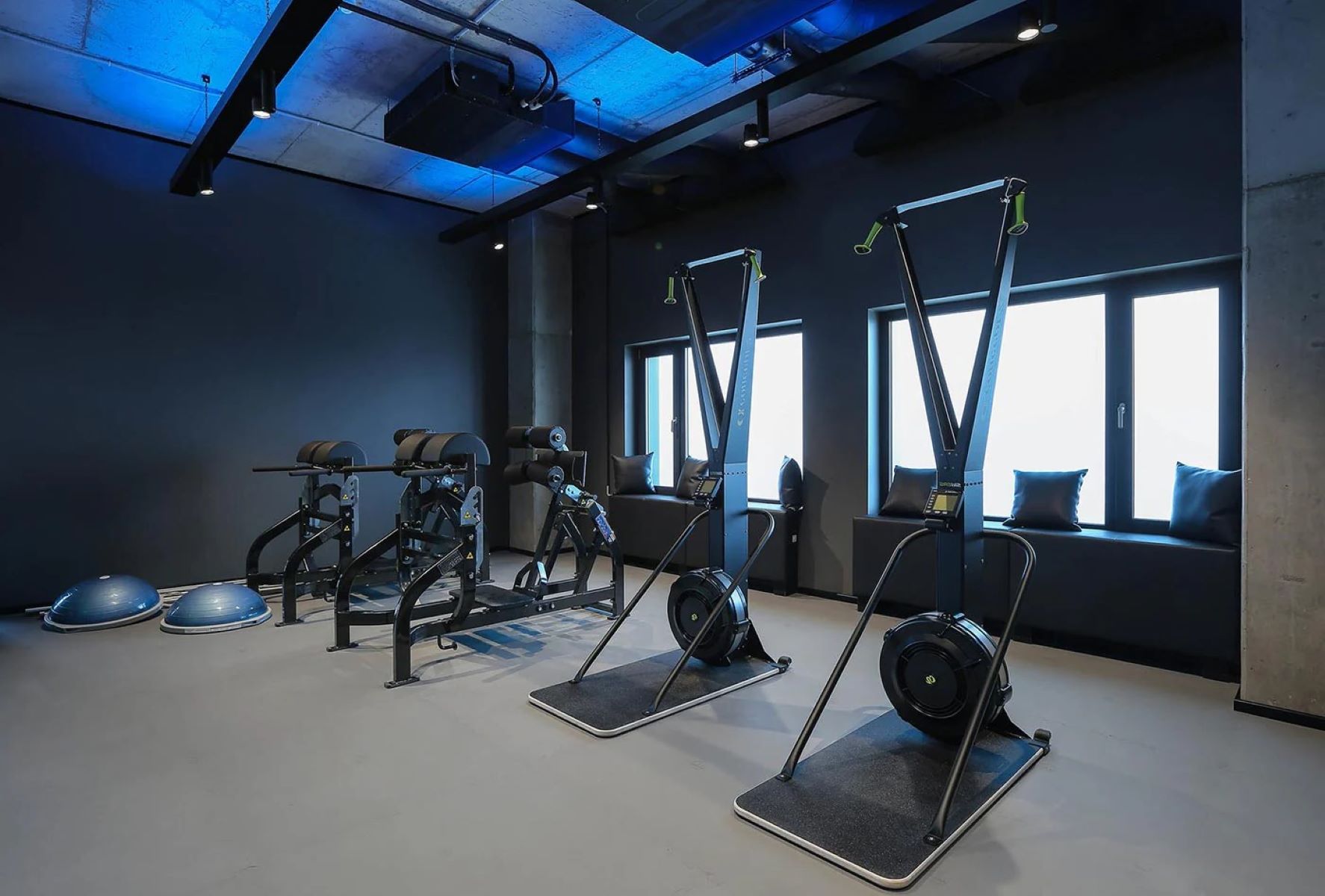
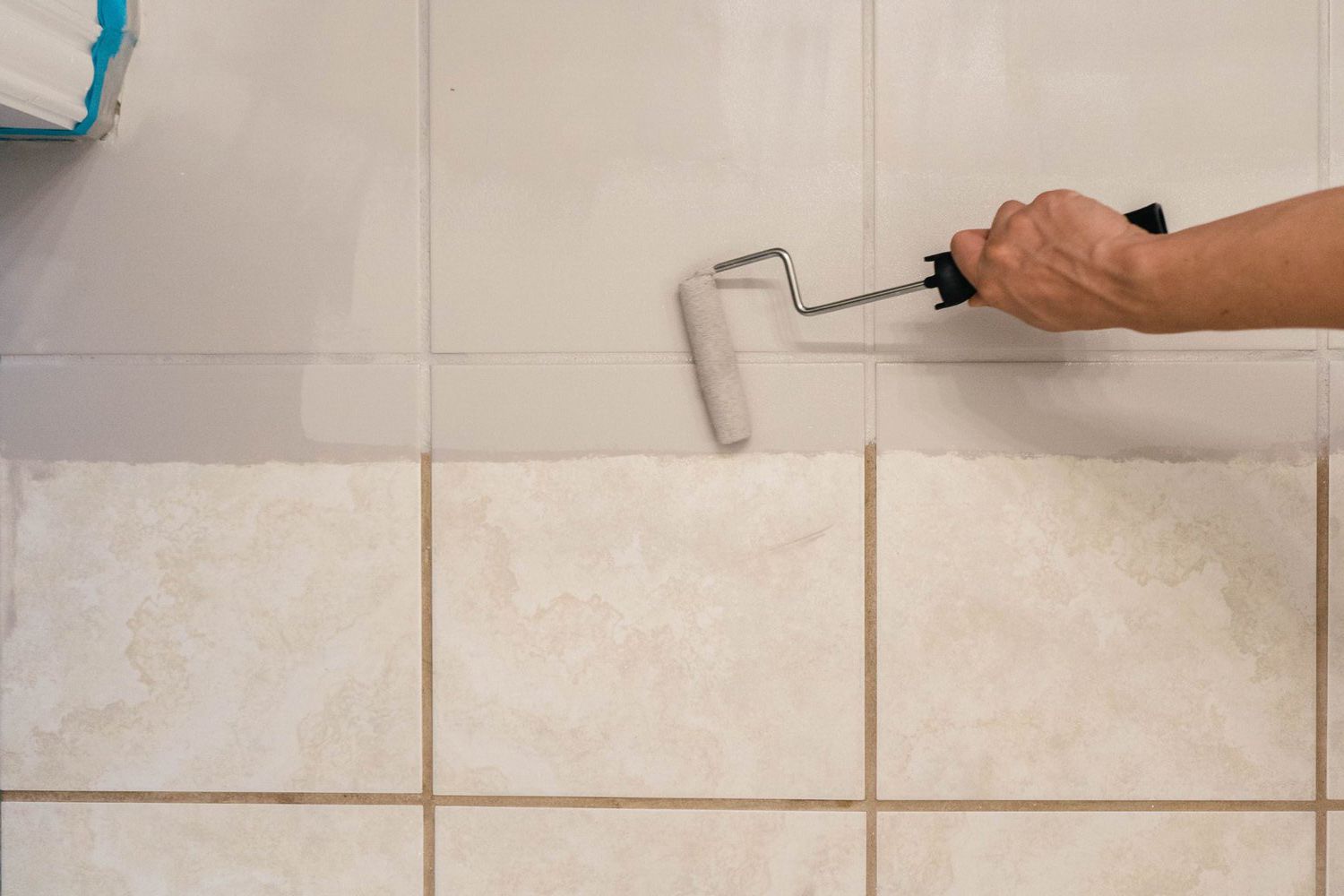
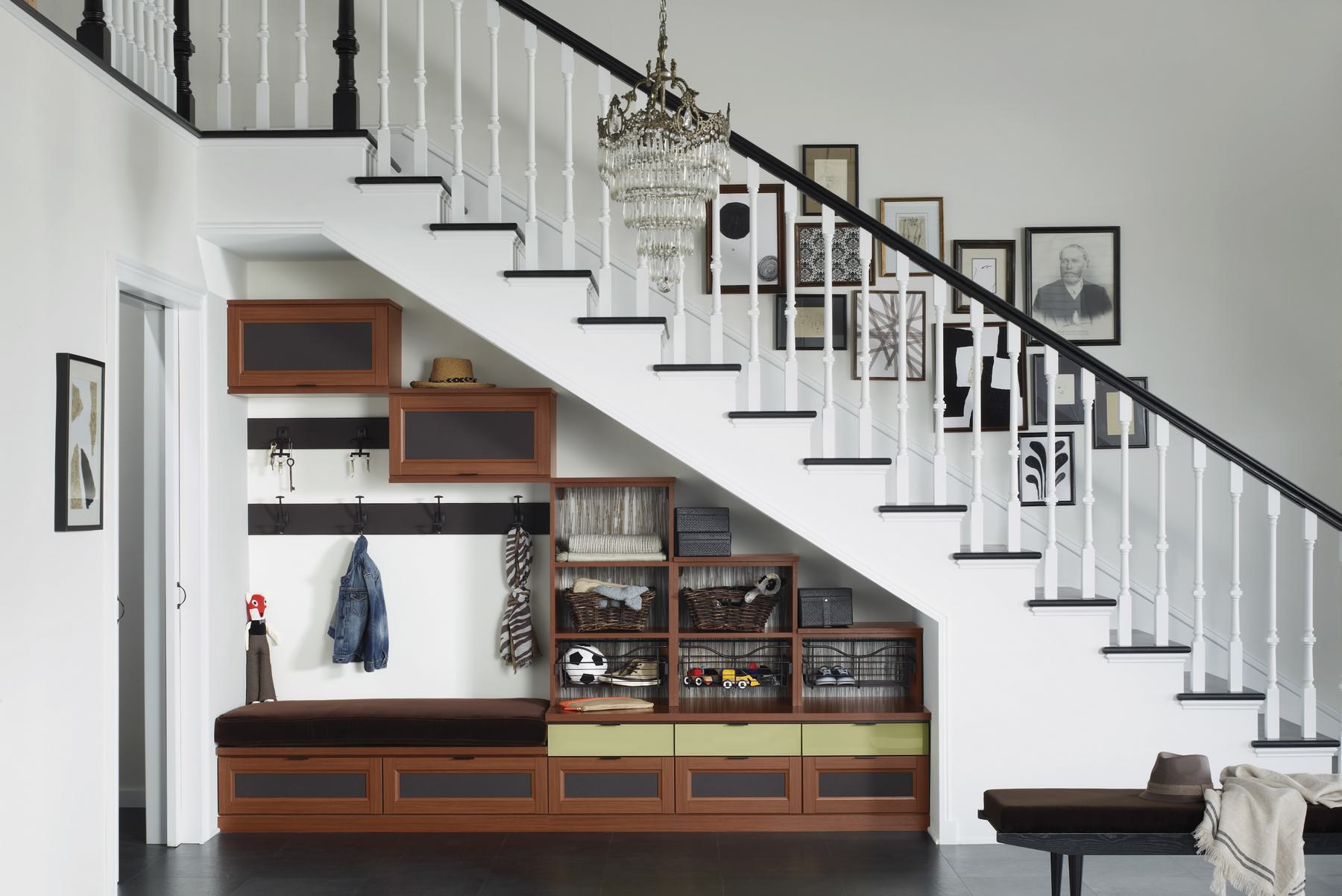
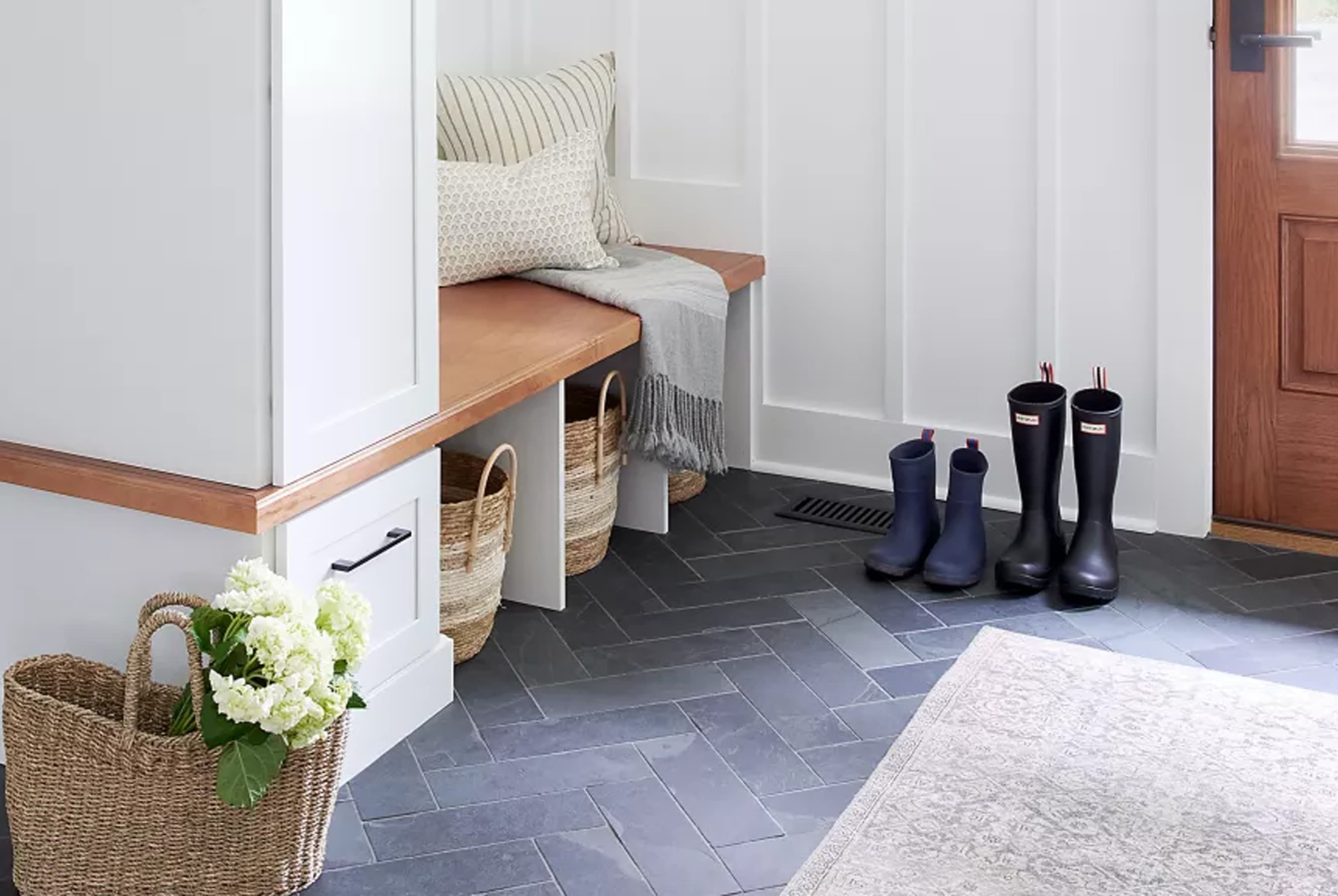
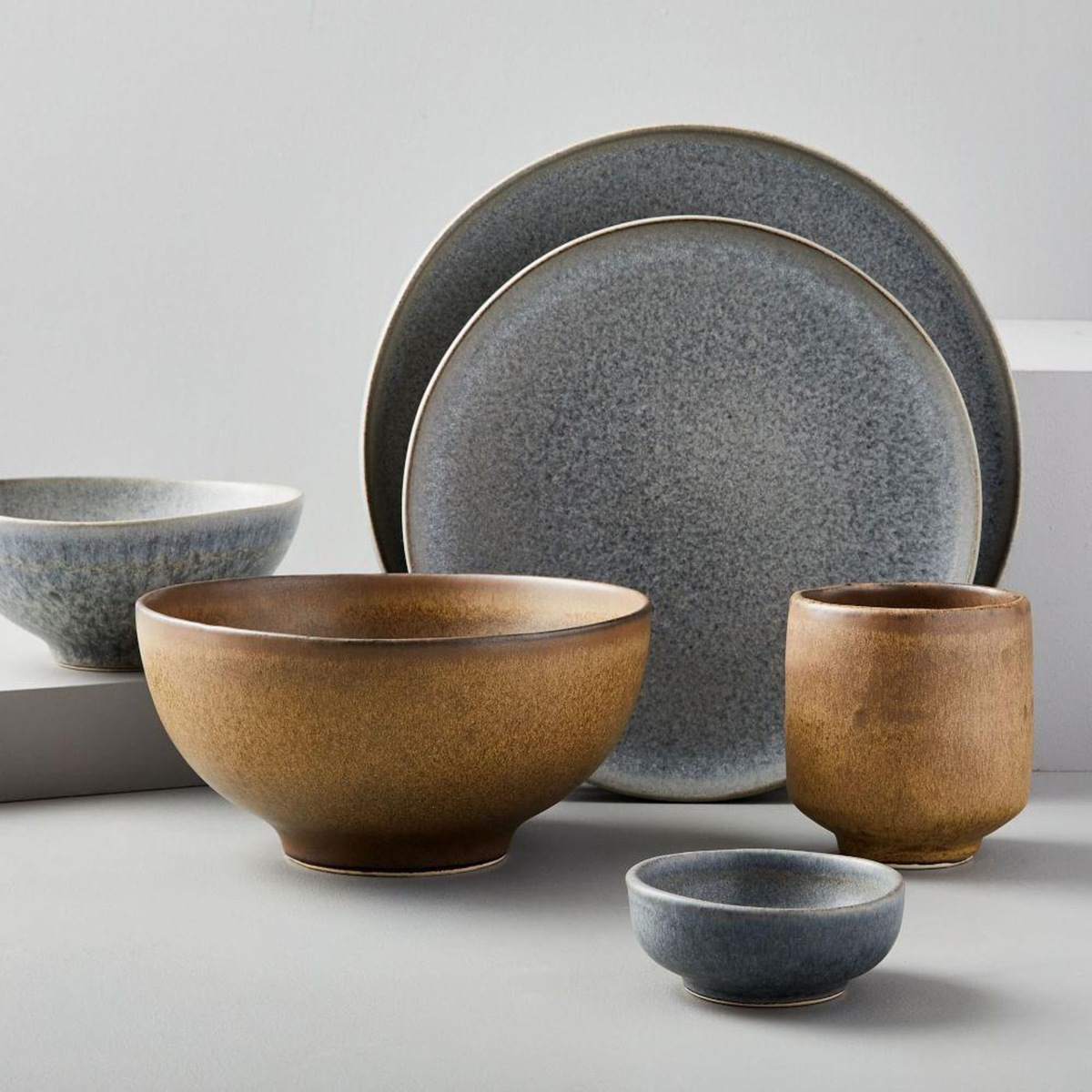

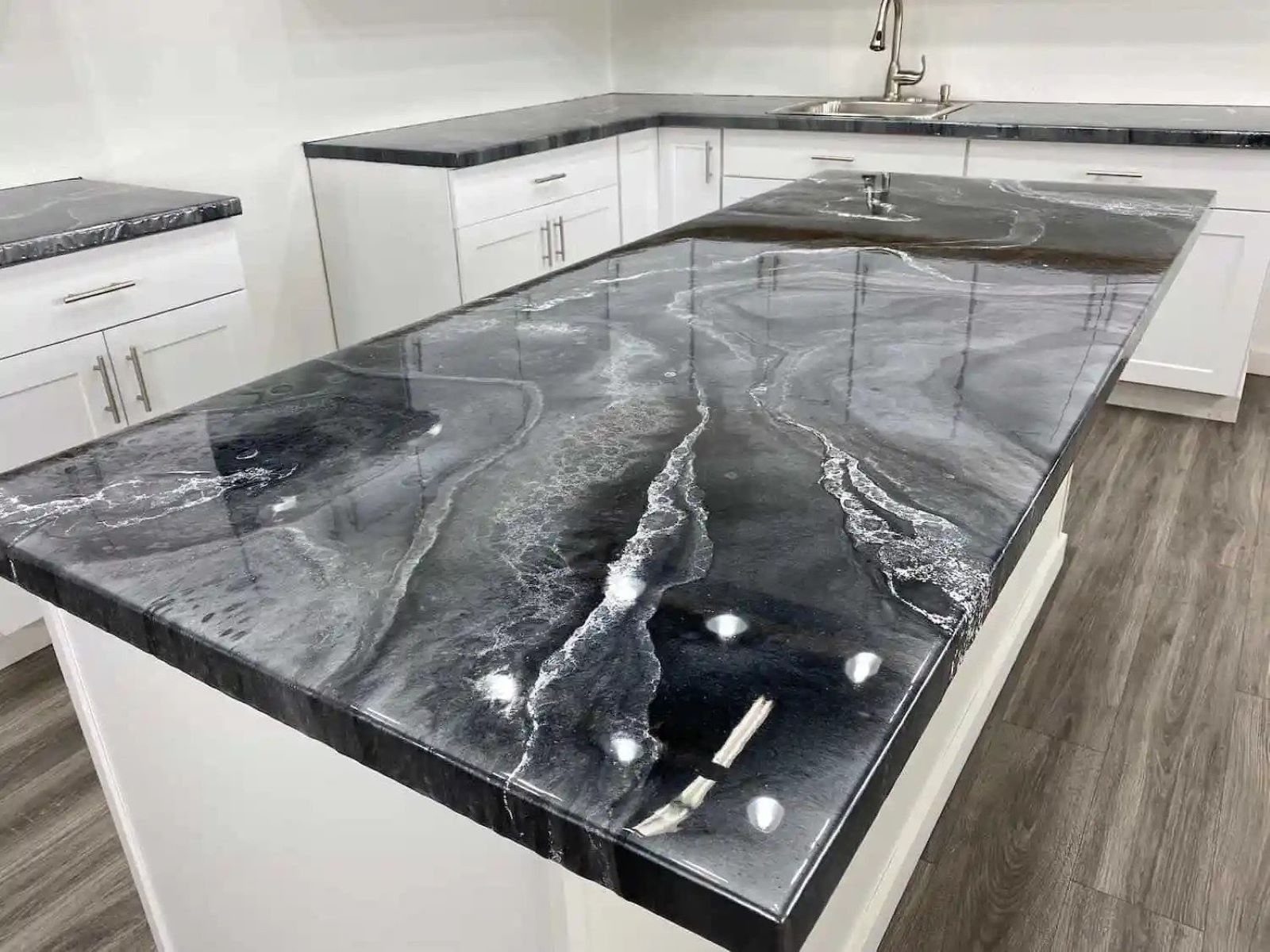

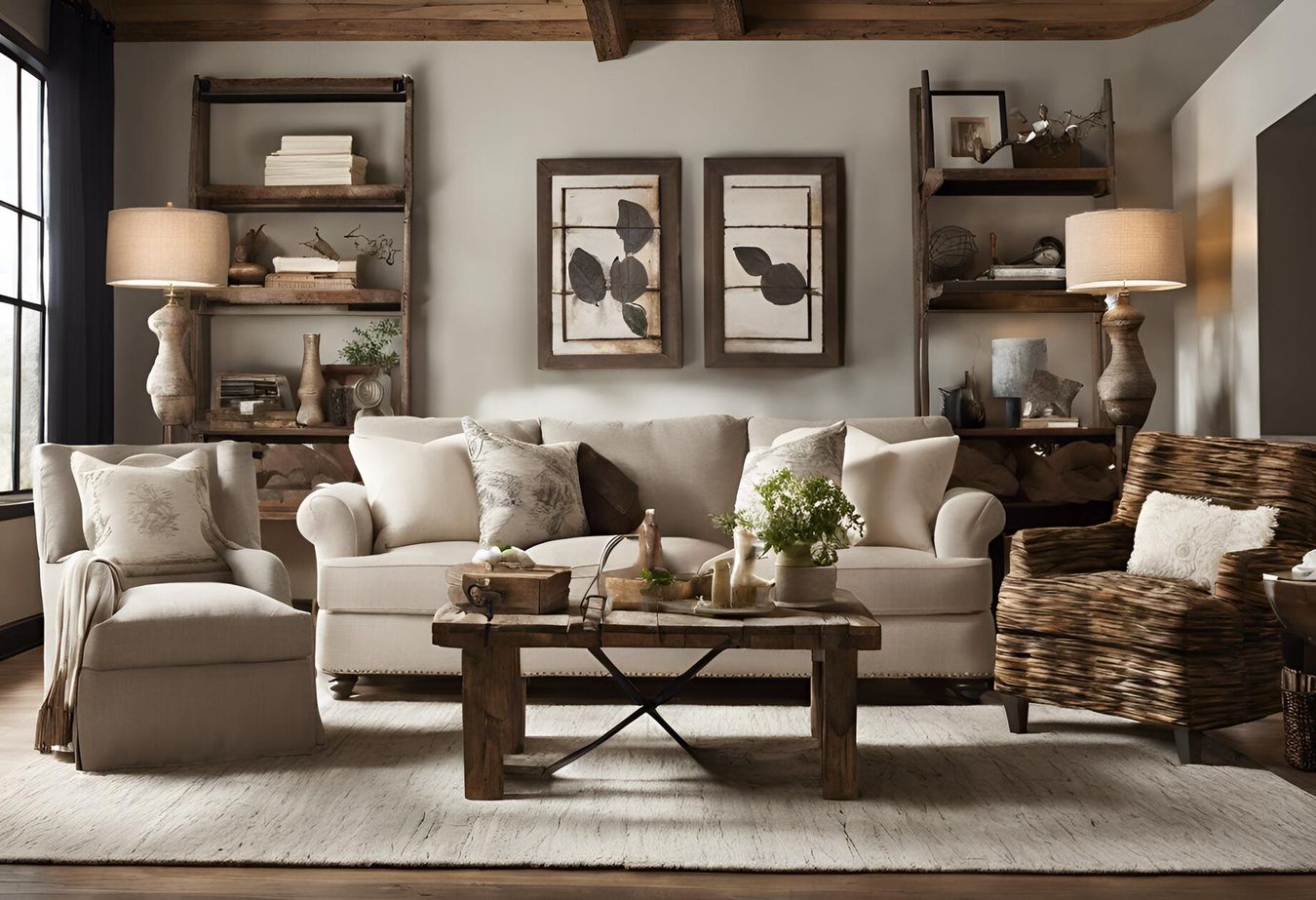
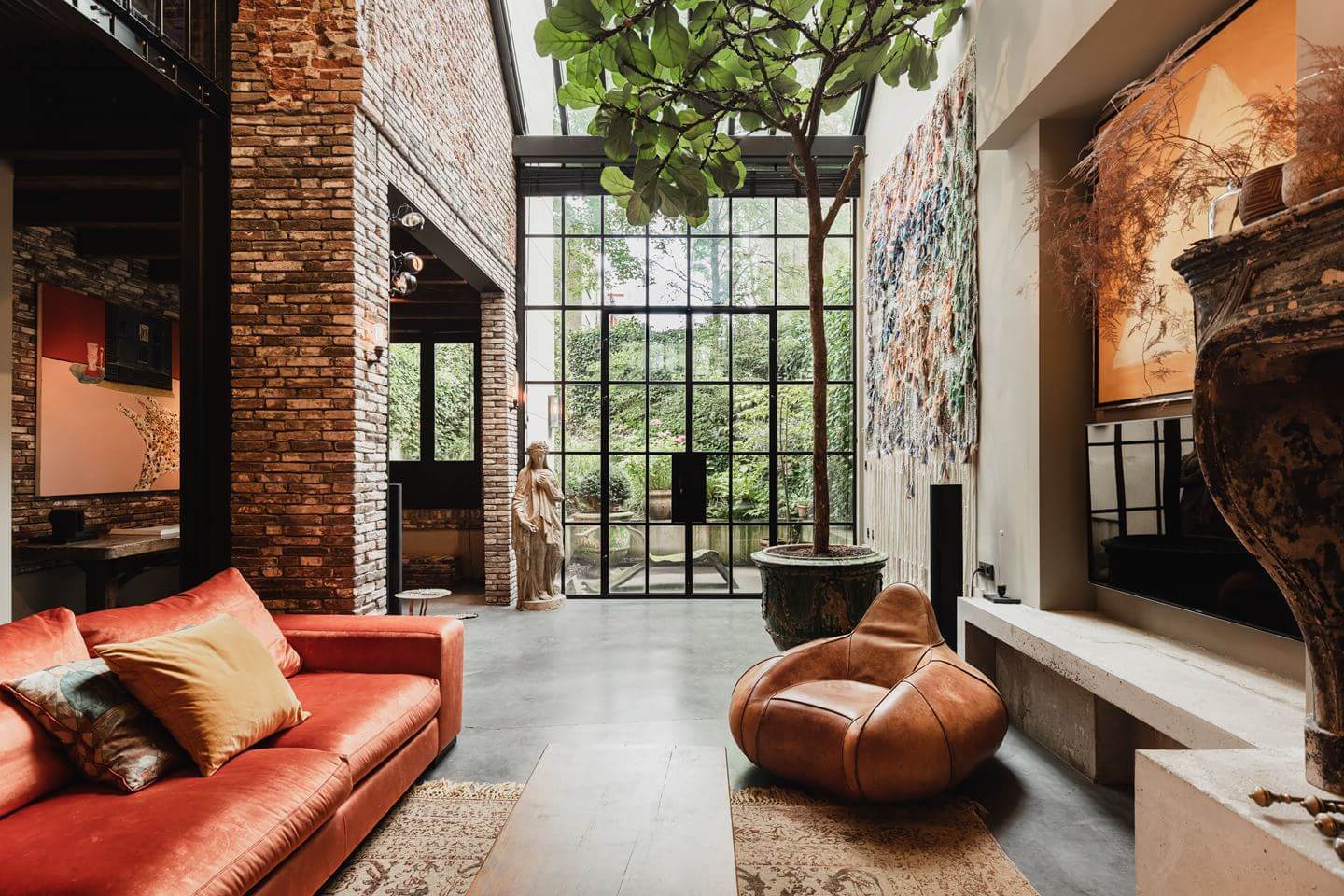
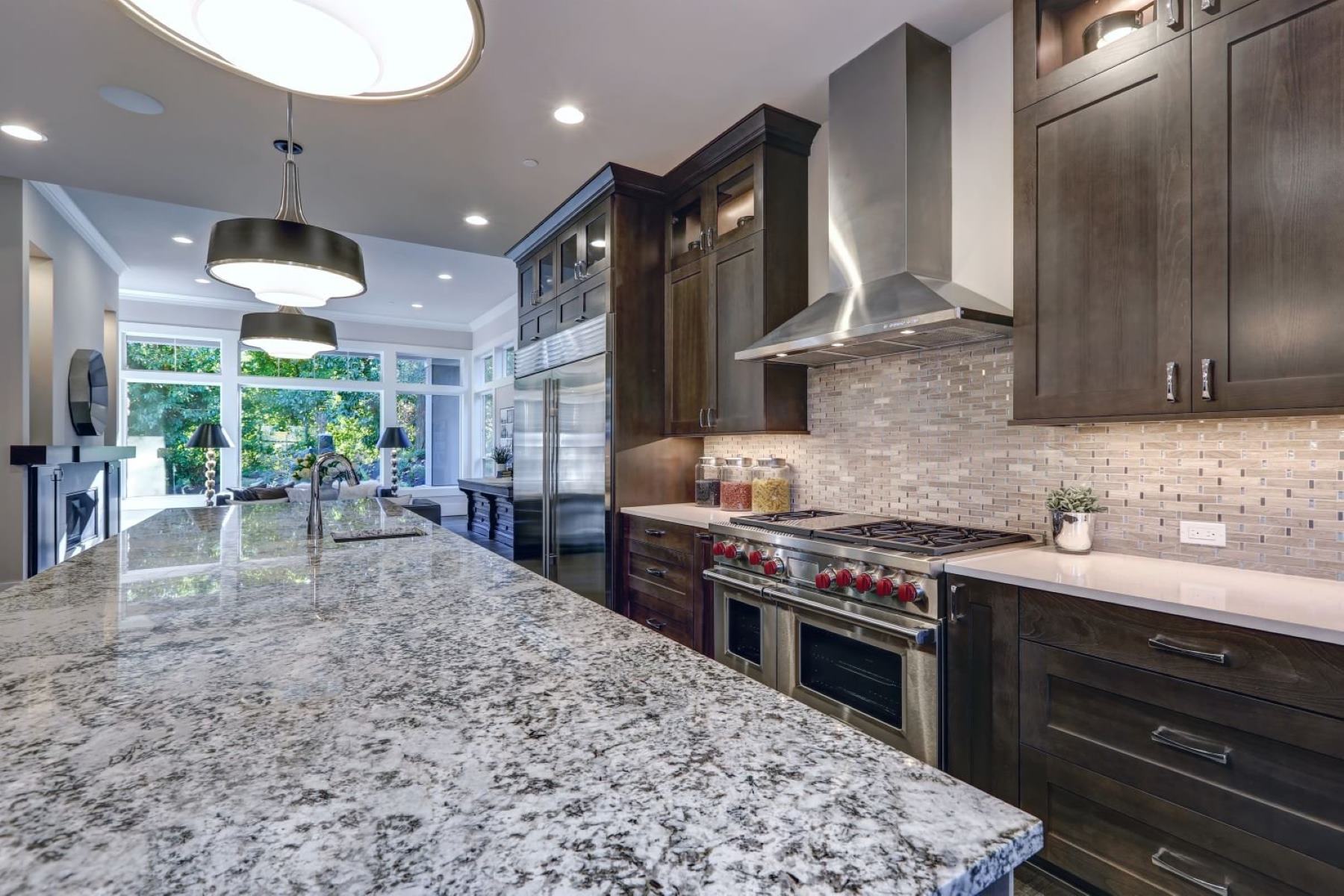

0 thoughts on “Mudroom Flooring Options: Durability Meets Style”